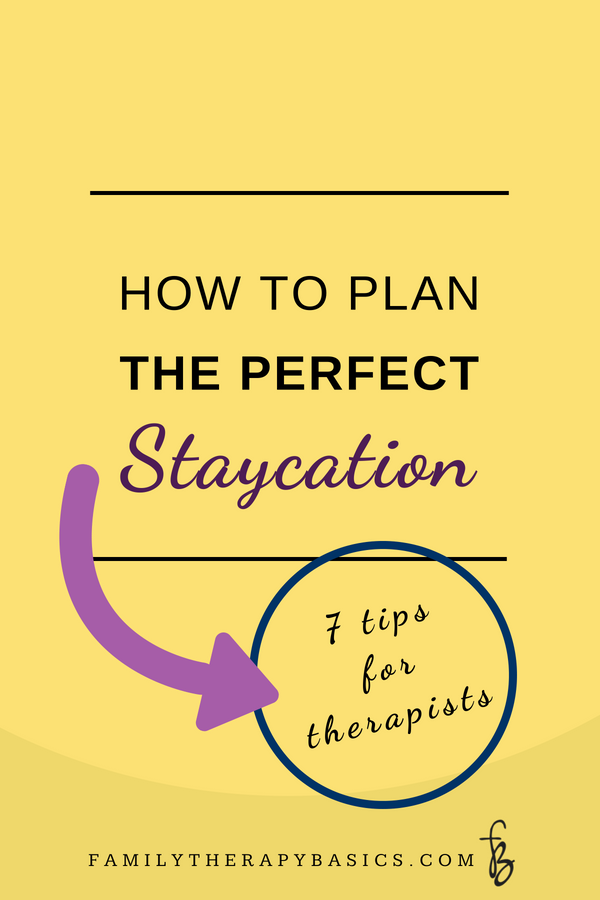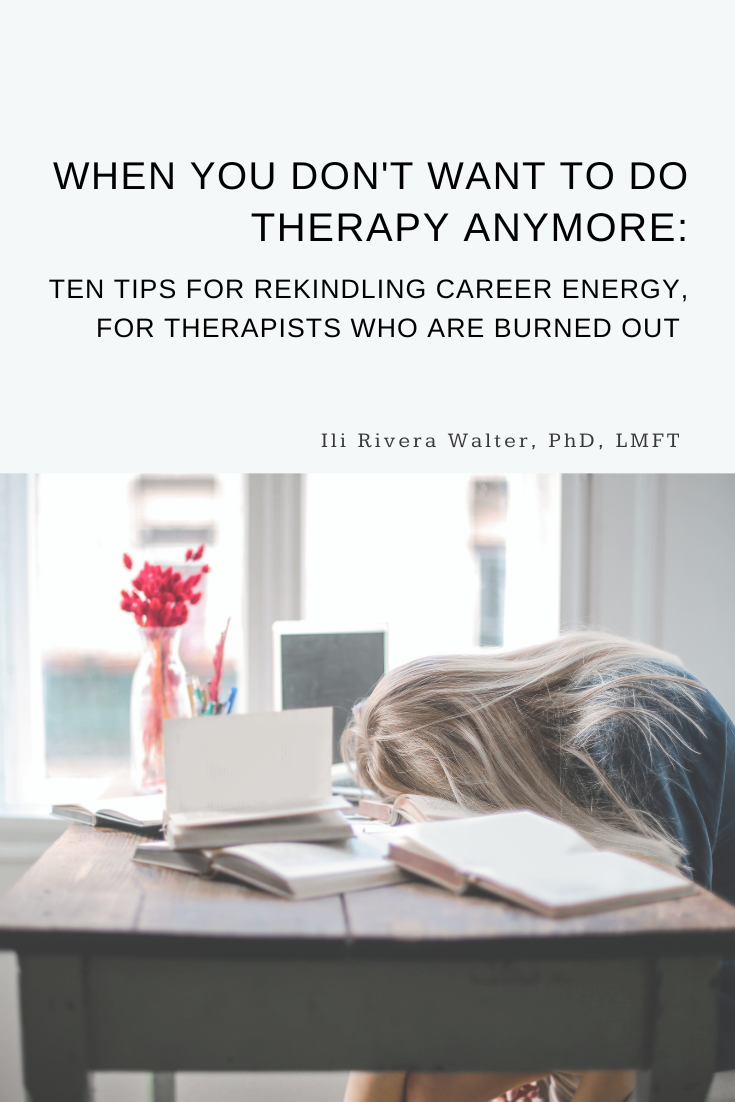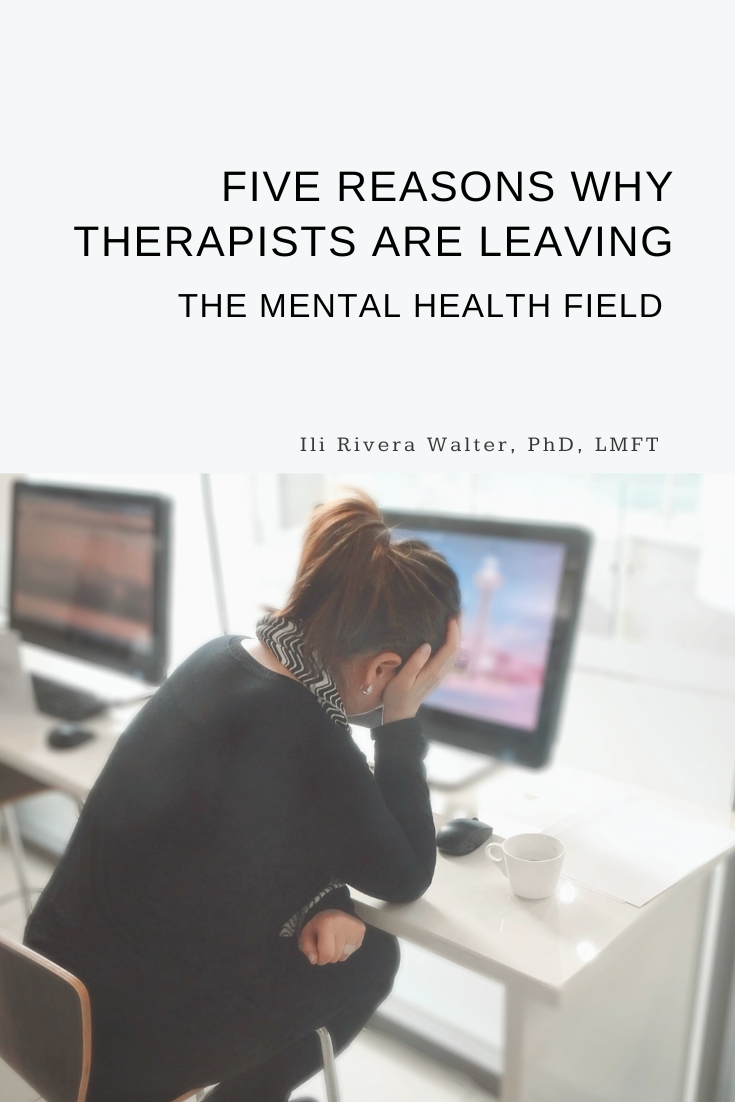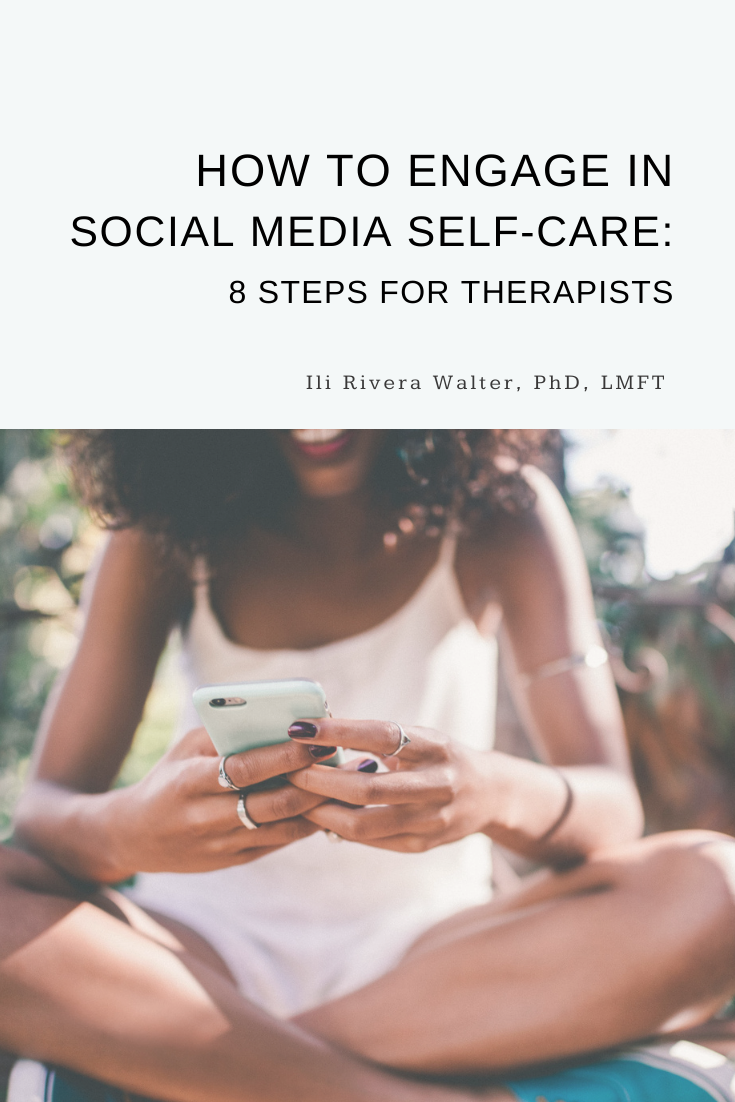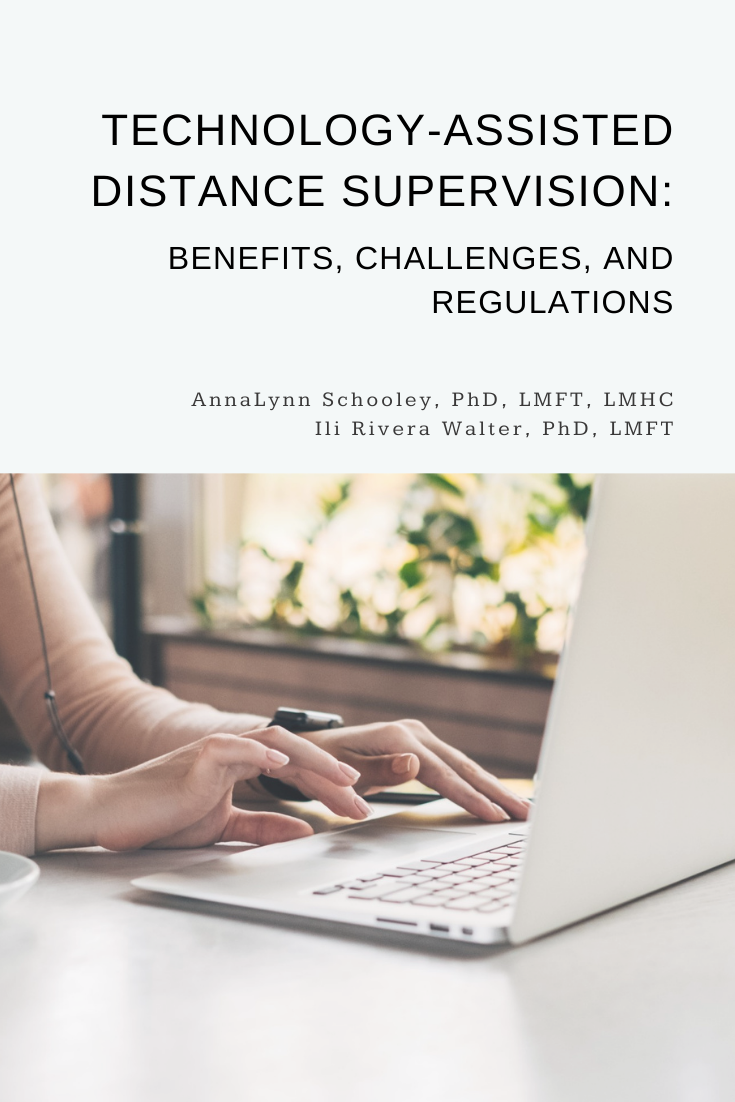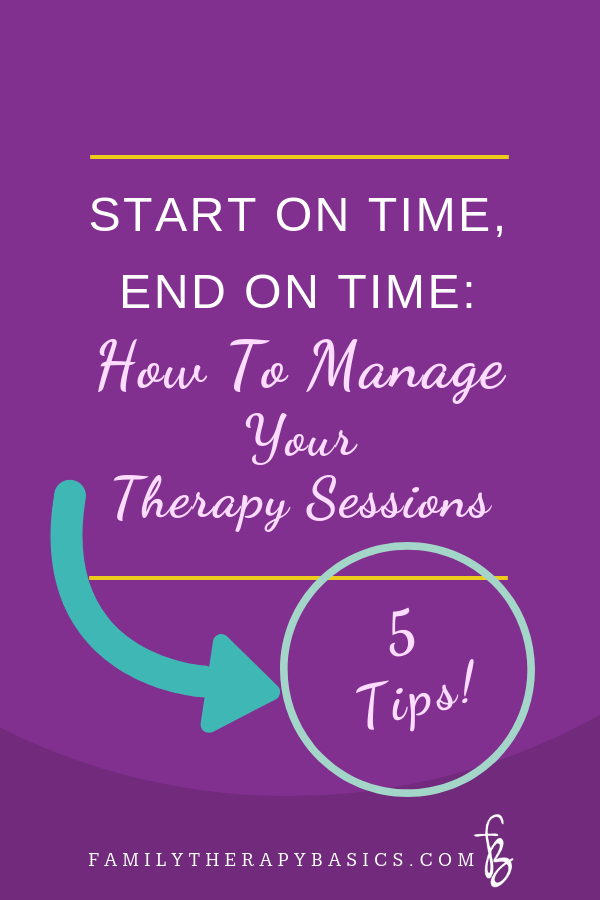Summer tends to be a slow client season for therapists, so why not roll with the flow and plan a refreshing staycation?
If funds are low, due to having less clients, a staycation will provide needed relaxation while saving you money.
In this post, I share a few tips for mentally and physically leaving work behind in order to enjoy every minute of your staycation. Because, even though we love our therapy work, we all need a break sometimes!
Tip 1: Know your purpose
Why is a staycation appealing to you?
Consider:
Are burdens from therapy work taking their toll?
Do you long to complete a creative project?
Do you need time to rest and re-energize?
Many therapists know they need a break due to physical or emotional exhaustion, but they may not be in touch with what habits or situations are leading to exhaustion.
In order to understand what you most need from your staycation, take some time to think about specific situations that are wearing you out.
You may not be exhausted. Perhaps you simply need time away to have an adventure or take care of yourself. Regardless, knowing your purpose will set the tone for your staycation.
Tip 2: Schedule your staycation at least 1 month in advance
Of course, an impromptu staycation works, too, as long as your employer will accommodate your request. However, scheduling it in advance allows you to look forward to it, mentally prepare, and gives you time to insert any activities you’d like to schedule during your staycation.
In addition, you can give your clients plenty of notice.
Tip 3: Clear the house
It may be beneficial to combine your staycation with an empty home-base. If you share lodgings with others, perhaps your partner, children, or other house-mates are willing to go out of town for a few days. Alternatively, plan your staycation when you will have your abode to yourself.
Having the opportunity to design your day, without the burden of considering others, will significantly contribute to your relaxation.
Tip 4: Don’t overbook yourself
These days, many of us need vacations from our vacations! When planning a staycation, you may want to include a new fitness or art class, a massage, among other relaxing rituals. In your zeal to enjoy your time, be conservative with appointments. The last thing you want is to feel rushed during your staycation.
Tip 5: Prime your environment
Your environment and significant others will influence the overall success and enjoyment of your staycation. Follow these tips to prepare:
Hide any work items, such as your work bag, paperwork, or calendar.
Turn off work-related computer and phone notifications.
Set an automated email response and record a vacation voicemail for client calls.
Create a staycation section in your home. Relocate items that promote your relaxation, such as your bluetooth speaker for listening to music, candles, or pillows, to design a central space where you will practice rituals and habits that refresh you.
Let your significant others know when you will be on staycation. Ask for the space you need, and assure them you’ll reach out when you “return.”
Tip 6: Explore
Balance not overbooking yourself with scheduling meaningful events or activities you’ve been waiting to try. Read a book that’s been on your shelf for a while. Take a stroll in a new area. Be a tourist in your own town. Include a little adventure, and you’ll be ready to resume your regular schedule with vigor at the end of your staycation.
Tip 7: Don't underestimate mini-staycations
While a lengthy staycation may be appealing, don't underestimate the effects of mini, yet more frequent breaks. If you're not able to plan a week off from work, then focus on taking several long weekends throughout the year.
Research shows that long vacations do not have lasting benefits for most:
"Nearly a quarter of working adults (24 percent) say the positive effects of vacation time — such as more energy and feeling less stress — disappear immediately upon returning to work . . . Forty percent said the benefits last only a few days." (APA, 2018)
Given this research, we may all need to re-evaluate how we use our vacation time, and how we can maximize its impact. Or, perhaps, this research is a sign that the fifty weeks on, two-weeks off work-vacation schedule most of us keep is not the best design for living well.
Let's Chat
Let me know, in the comments below:
Plan your staycation. What's 1 thing you want to do?
What's one way a staycation has benefited you?

